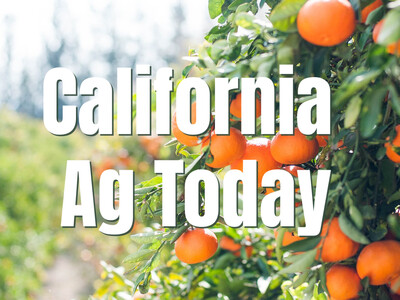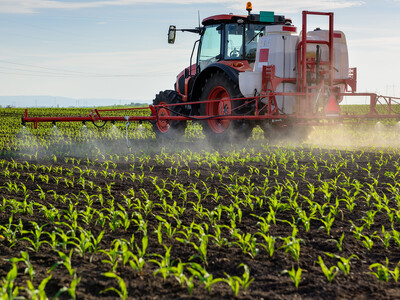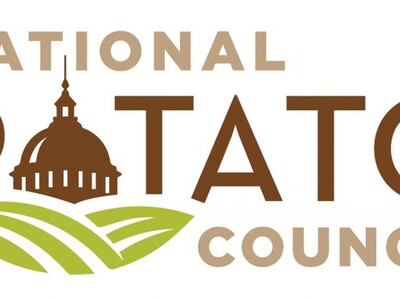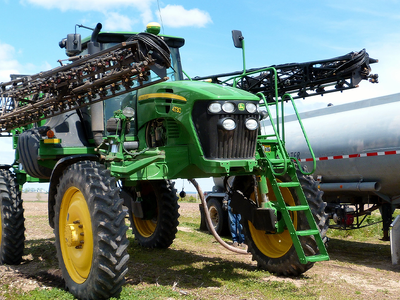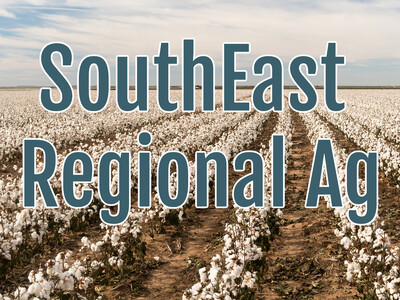Innovation in Feedstuffs

Tim Hammerich
News Reporter
Farming takes on a variety of forms, especially as technology allows for new growing systems. But whether you’re farming sheep or shrimp, the principles are similar, and optimizing the feed ration is critical. TransparentSea CEO Steve Sutton believes there is a lot of progress to be made in improving the diets of farmed shrimp.
Sutton... "These prawns are omnivores, so whiteleg prawn, more so than a tiger prawn, more so than a freshwater prawn, are happy to eat decaying plant matter. So that allows us to put some plant matter into their feed. Obviously, you gotta be careful that you don't change the flavor. You want them to be healthy. We're not in the business of raising animals that barely survive or anything. Right. So there's a lot that goes into feed. We have to strike that balance with feed companies. And then over time, I think that there's a lot of innovation right now. There's, let's say there's a big push for, for example, uh, black soldier fly larvae that has a lot of similar profiles that could be supplemented and put in the shrimp feed. So that's something where it's like, wow, if that was a renewable source of feed, because some black soldier fly larvae is grown with like a wood products and some of it's grown with food scraps. If they figure out the food scraps model and they make it more affordable, I think they That could be an affordable, local, low food miles, reduced waste, I mean, really a win win-win situation. And it would never replace shrimp feed, in my opinion, completely, but it could be 5%. And that's 5 percent less fish meal we'd have to use."
Sutton owns and operates TransparentSea Farms in Southern California.




